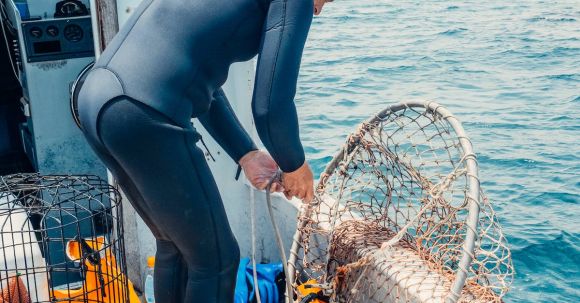Diving is an exhilarating and adventurous activity that allows us to explore the underwater world. However, like any other sport, diving comes with its own set of risks. One of the most common challenges divers face is gear malfunctions. From a leaking mask to a malfunctioning regulator, these unexpected issues can quickly turn a fun dive into a stressful situation. In this article, we will discuss some essential tips on how to handle dive gear malfunctions and ensure a safe and enjoyable diving experience.
Stay Calm and Assess the Situation
The first and most crucial step when facing a dive gear malfunction is to stay calm. Panicking will only worsen the situation and cloud your judgment. Take a moment to assess the problem and understand its severity. Is it something you can fix underwater, or do you need to surface? Understanding the extent of the issue will help you make the right decisions.
Signal Your Buddy
Diving is a team sport, and having a reliable dive buddy is essential for safety. If you encounter a gear malfunction, signal your buddy immediately. Communication is key, and your buddy can assist you in troubleshooting the problem or provide you with their backup equipment if necessary. Remember, teamwork makes the dream work!
Perform Basic Troubleshooting
Once you have identified the malfunction, try to perform basic troubleshooting techniques to resolve the issue underwater. For example, if your mask is leaking, try clearing it by exhaling through your nose gently. If your regulator is free-flowing, try to shut it off and turn it back on again. These simple troubleshooting techniques can often fix minor malfunctions and allow you to continue your dive.
Use Your Backup Equipment
Every diver should have a backup plan. This includes carrying redundant equipment, such as an extra mask, a spare regulator, or a secondary dive computer. If your primary gear fails, you can quickly switch to your backup equipment to ensure your safety. Practice using your backups regularly, so you are familiar with how they function.
Ascend Safely if Necessary
Sometimes, a dive gear malfunction may be too severe to fix underwater. In such cases, it is crucial to ascend safely and surface. Remember to make a slow and controlled ascent while monitoring your dive computer’s ascent rate. Ascending too quickly can lead to decompression sickness, which is a serious condition. If you need to make an emergency ascent, remember to signal your buddy and follow proper safety procedures.
Seek Professional Assistance
Once you have surfaced, it is essential to seek professional assistance to fix the gear malfunction. Diving equipment requires proper maintenance and servicing to ensure its functionality and safety. Contact a reputable dive shop or equipment technician to have your gear inspected and repaired. Do not attempt to fix complex malfunctions on your own unless you are trained to do so.
Preventive Measures
While it is impossible to prevent all gear malfunctions, there are steps you can take to minimize the risk. Firstly, invest in high-quality gear and have it serviced regularly. Regular maintenance and inspections can identify potential issues before they become major problems. Secondly, practice proper gear handling and storage techniques. Avoid dropping or mishandling your equipment, as this can lead to damage. Lastly, always dive within your training and experience level. Pushing your limits can increase the likelihood of gear malfunctions.
In conclusion, handling dive gear malfunctions requires a calm and methodical approach. Staying calm, communicating with your buddy, troubleshooting minor issues, using backup equipment, and ascending safely are essential steps to ensure your safety. Remember to seek professional assistance for complex malfunctions and take preventive measures to minimize the risk of gear malfunctions. By being prepared and knowledgeable, you can confidently handle any gear malfunctions that may arise during your dives. Happy diving!





